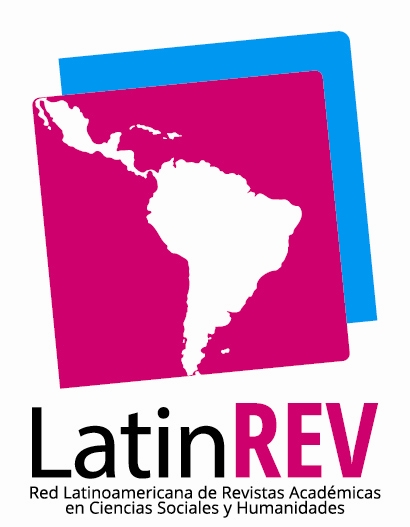Virtual forums and collaborative learning: an analysis considering soller's categories
Keywords:
virtual forums, collaborative learning, interaction, Soller's categoriesAbstract
This work analyses the use of virtual forums for the development of collaborative learning, implemented as blended learning, in an undergraduate college subject. We consider that the forums do not guarantee the development of collaboration abilities and/or competencies, but they may promote them from pedagogical-didactic proposals which favor interaction. The strategies of evaluation used in the forums of Formación Docente, Currículum e Investigación, in the Teacher training undergraduate program of Computing Science were described. In order to study systematically the participants interventions and to identify the kind of interventions, Soller's categories were used: conversation, creative conflict, or active learning. We took into account: the trigger question initiating the forum, the students’ interventions, the teacher feedback, and the interactions in general, typified according to the attributes and sub-abilities established by Soller. The analysis of the forums allowed us to produce knowledge on the basis of the described situations, which in turn helped us restructure feedback actions, thus favoring students’ participation and the promotion of the collaborative learning. Collaborative learning is a competence that should be acquired in the undergraduate teacher training programs.
Downloads
References
Bartolomé, A. (2004). Blended Learning. Conceptos básicos. Píxel-Bit. Revista de Medios y Educación, 23, pp. 7-20. Recuperado de: http://www.lmi.ub.es/personal/bartolome/articuloshtml/04_blended_learning/documentacion/1_bartolome.pdf Acceso el 20 de Octubre de 2015.
Daza, M. M. (2012). Los foros en los Sistemas de Gestión de Aprendizaje (SGA), como herramienta promotora de Aprendizaje Colaborativo. (2012) Tesis de Licenciatura.
García Aretio, L. (2011). Nueva entrevista: “La interacción es elemento definitorio del hacer educativo”. Recuperado de http://aretio.blogspot.com.ar/2011_07_01_archive.html. Acceso 20 de Octubre de 2015.
Johnson, D.W., Johnson, R.T. & Holubec, E. J. (1999) El aprendizaje cooperativo en el aula. Barcelona: Paidós.
Markel(200), Arango (2004). Citado por Tagua de Pepa, Marcela. (2006). “La utilización de foros virtuales en la universidad como metodología de aprendizaje colaborativo”. Revista cognición. Año 1 Nº8. Pag.71.
Proyecto financiado por la Secretaría de Estado de Universidades e Investigación del MEC-Código EA2007-0121 (2007-2008). Recuperado de:http://gte.uib.es/pape/gte/proyectos/modelos-didacticos-en-los-campus-virtuales-universitarios-patrones-metodologicos-generados.Acceso 20 de Octubre de 2015.
Romano, V. (2005). “Tecnologías de la información y comunicación”. Recuperado en: http://www.rebelion.org/noticias.php?id=15032. Consulta: Accesos 20 de Octubre de 2015.
Soller, A. (2001). Supporting Social Interaction in an Intelligent Collaborative Learning System. International Journal of Artificial Intelligence in Education, 12(1), 40-62.
Salinas, J. (2004, Noviembre). Innovación docente y uso de las TIC en la enseñanza universitaria, Revista de Universidad y Sociedad del Conocimiento, Recuperado en:
http://www.uoc.edu/rusc/dt/esp/salinas1004.html Acceso el 20 de Octubre de 2015.
Salinas, J. (2004). Perspectivas y desafíos de los entornos virtuales en La educación superior. En proceeding del VII Congreso Colombiano de Informática Educativa. Conferencia invitada. Recuperado de: http://www.ribiecol.org/embebidas/congreso/2004/ini/ini/int/p080.pdf Acceso el 20 de Octubre de 2015.
Downloads
Published
Issue
Section
ARK
License
Copyright (c) 2016 Berta Elena García, Mónica Mercedes Daza

This work is licensed under a Creative Commons Attribution 4.0 International License.






